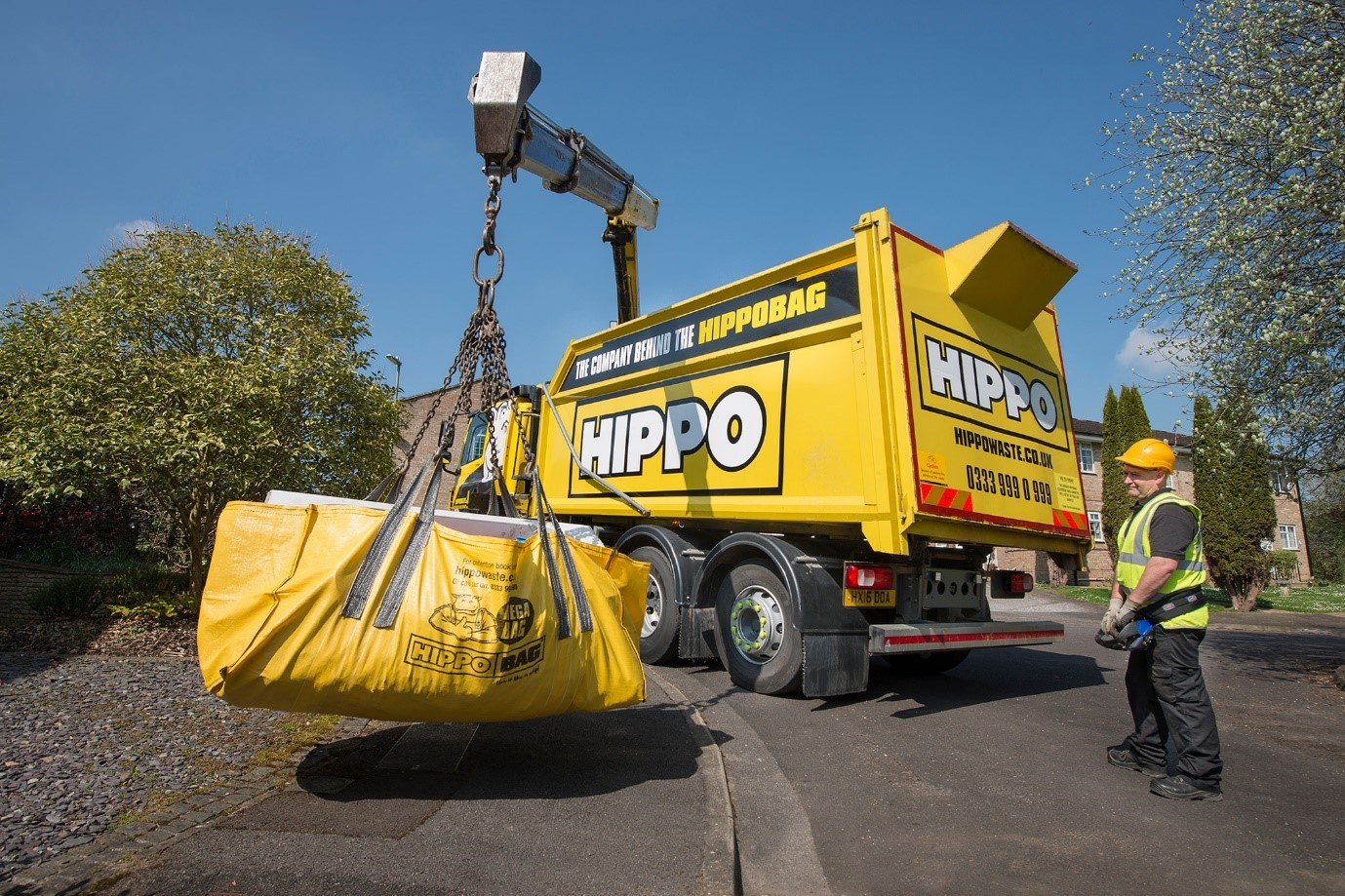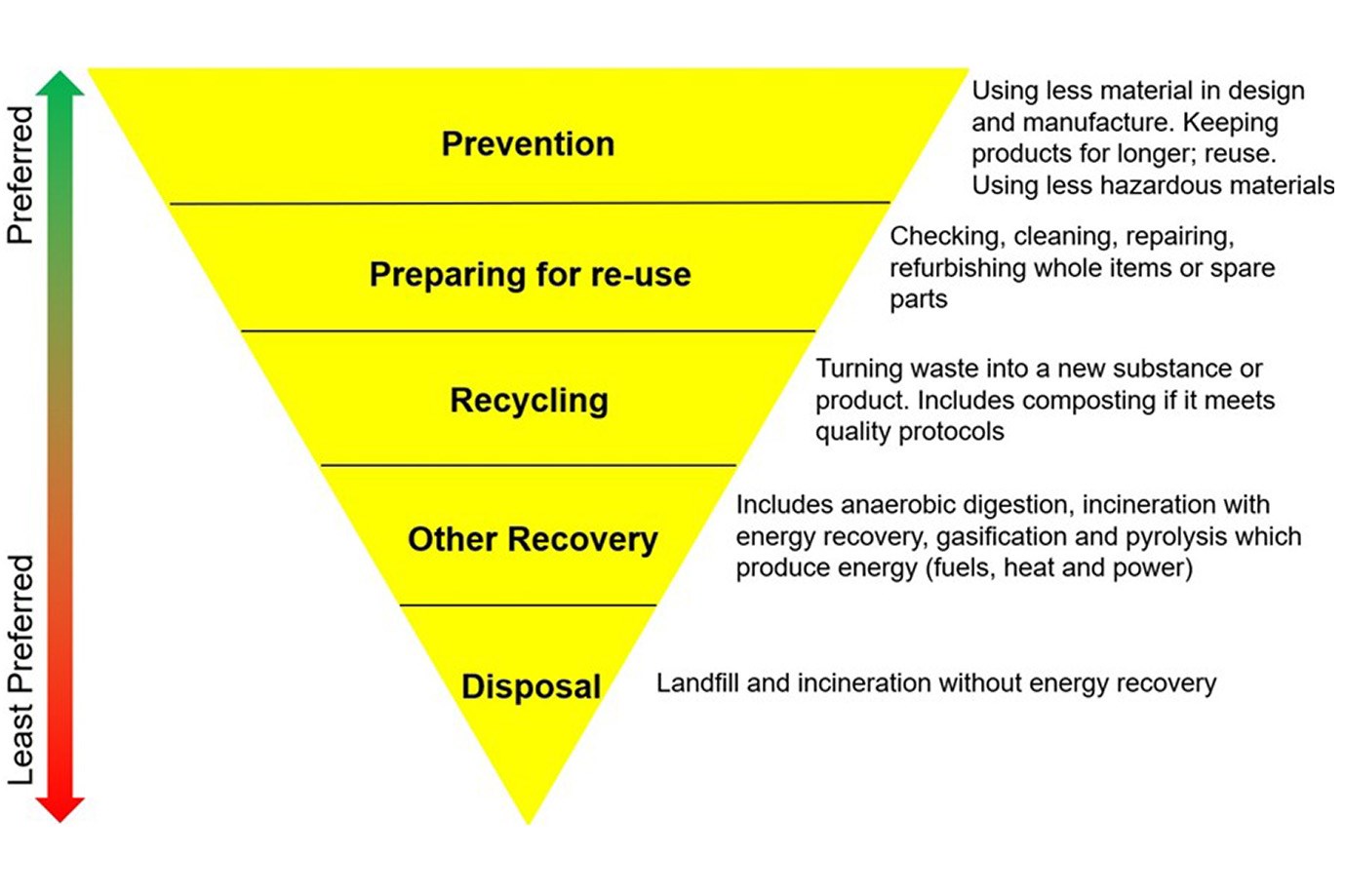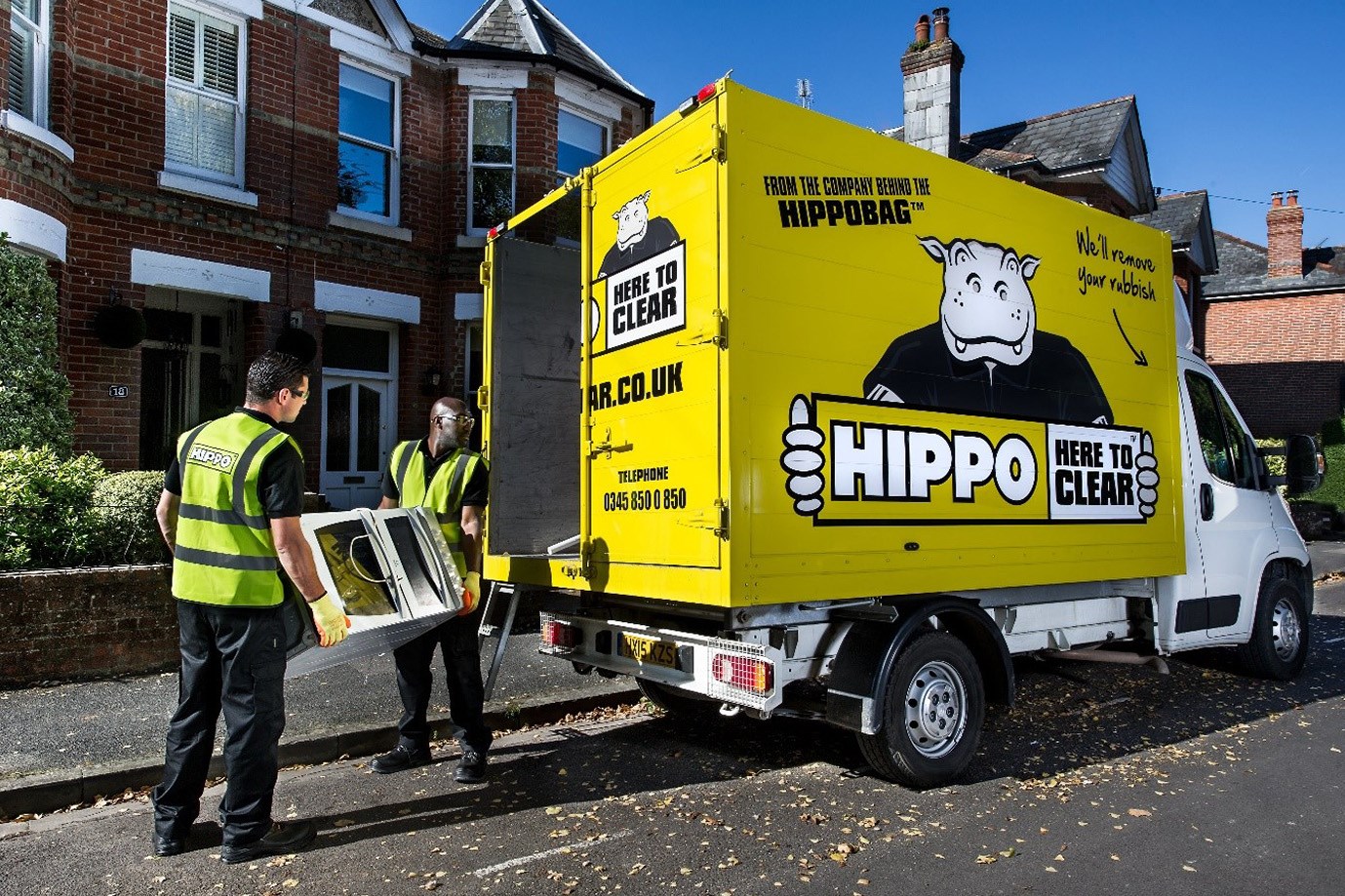5-Minute Coffee Break with Mike Stafford, Head of Waste at HIPPO

"Education is key. If people are informed, they will normally do the right thing, providing it is easy for them to do so."
We join Mike Stafford, our new Head of Waste at HIPPO for a chat about the rapidly changing landscape of the UK waste industry.
Mike, tell us about your career before joining HIPPO
I’ve worked in the waste industry for nearly 30 years, with the last 20 years spent at Viridor, one of the leading waste management companies in the UK. I started my career in operations as a landfill site manager progressing to a regional management role responsible for multiple operations including landfills, transfer stations, composting sites, and materials recovery facilities. When I left Viridor I was Head of Contracts for the south-east and a member of the senior leadership team, with responsibility for overseeing major local authority recycling and disposal contracts as well as commercial fuel supply inputs to several energy recovery facilities.
What appealed to you about working for HIPPO, and what will you be doing in your new role as Head of Waste?
I was looking for a new challenge after 20 years at Viridor and I found out about the role completely by chance. I was already familiar with HIPPO; the brand is very well-known, and the big yellow vehicles are instantly recognisable. From our first meeting, I had an instant rapport with Gareth Lloyd-Jones (Managing Director) and Joanne Helson (Customer Services Director) and I was very impressed by the company who have been in business for 20 years and showed absolutely no signs of resting on their laurels!
It’s an exciting change of tack for me but fortunately, I still get to work with people I’ve known for years within the network of waste transfer stations and recycling sites around the UK. I’m two months into the role and really enjoying it so far. HIPPO is a brilliant, friendly team with big goals and the drive and experience to see them through to fruition.
One of my biggest responsibilities as Head of Waste is to look at new legislation and there is a lot of it coming through at the moment. We need to understand it and the impact it will have on HIPPO and the wider industry so that we can inform our customers and partners and work alongside them to prepare for it.
I’ll be supporting our key account managers to refine the services we offer to big corporate customers, including within the Kitchen & Bathroom installation industry, and the opportunities that exist there from a waste recycling point of view. I’ll also be looking to expand our network of recycling partners.

What are the biggest changes occurring in the waste industry at the moment?
Changing legislation is one of the biggest developments and a key driver is the 2021 Environment Act which sets a new framework for how environmental protection will be addressed in the UK after leaving the EU. From a waste management perspective, this will mean looking at ways we can move to a more circular economy by incentivising people to recycle more and encouraging businesses to create more sustainable products. We need to make household recycling easier and develop the infrastructure that allows us to stop the export of plastic waste abroad.
We are going to see more of a focus on reuse within the waste industry. This needs to start with manufacturers producing materials that last longer and providing spare parts for repairs. A thriving reuse sector should encourage people to take on products that others are ready to discard. Products themselves need to be manufactured using more recycled material and be suitable for recycling again once they reach end of life. The details of how these goals will be achieved are set out in the government’s 25-year Environmental Plan and its Resource and Waste Strategy.
If you consider the waste hierarchy, we need to move away from disposal of waste via landfill and energy from waste at the bottom of the pyramid, and manage resources through waste reduction, reuse and recycling – those preferred processes at the top of the pyramid.

How do you expect the landscape to grow over the next 5 years?
In order to move waste up the hierarchy there will be a focus on making it easier to reuse and recycle through incentives and through initiatives like Extended Producer Responsibility (EPR regulations) where manufacturers will be responsible for the full costs associated with recycling and disposal of a product.
We’ll start to see more education around why and how we need to recycle, with things like nationwide standardised rubbish and recycling collections being introduced (currently different local authorities have different schemes) as well as clearer labelling of products with recycling symbols to avoid uncertainty. Both of these initiatives are in the consultation process currently.
How is HIPPO responding to changes in waste management, and how will you help customers to navigate them?
We are working with customers to explain the legislation that is coming and how it will impact what we currently do, particularly when it comes to how our customers present their waste and how we collect it. We’re making sure that we have solutions in place before the legislation is introduced. For example, with EPR regulations due to launch in 2024, we’ll need to review the types and volumes of package waste we use from January 2023 to ensure we remain compliant with this new legislation.
It's also important to note that current events like the war in Ukraine and COVID-19 do sometimes mean delays to new legislation.
As well as talking to customers, we’re talking to our partner facilities, like the recycling sites that we deliver material to. By doing this we ensure our services are aligned at the front and back end. The recycling sites want clean, dry, loose materials with no contamination and the best way to achieve this is to segregate at the front end. I’ll be exploring how we might do more of this with our B2B customers (such as kitchen and bathroom installation companies) in terms of segregating waste into different types. This might be something we can also explore with our consumer customers.
Education is key. If people are informed, they will normally do the right thing, providing it is easy for them to do so. We need to make it as simple as possible and potentially provide financial incentives. One example of how that might work is by getting a reduced gate fee at recycling sites if we provide waste in clear streams that don't need to be processed. Potentially we could pass that saving on to customers to further incentivise segregation prior to collection.

What do you want to achieve in your first year at HIPPO?
Having started over the summer, I’m still finding my feet and finding it fascinating. The recognition and reputation of the HIPPO brand provides us with a really exciting opportunity to expand into other areas and that is something I’ll be exploring. We’ll be looking at a range of new propositions and evolving some existing services for both our B2B and B2C customers.
It’s an exciting time to work in waste management with the potential to also make a difference when it comes to climate change. When we put waste into landfill, and to a lesser extent energy from waste facilities, it produces high levels of greenhouse gases so the more we can do to reduce waste, and reuse and recycle the waste that is produced, the more we will be doing to help reduce our impact on climate change.
And finally, when you’re not thinking about waste and recycling, what do you like to do in your spare time?
I’m a keen sportsman, and cycling is my big passion, so I’m always out on my bike rain or shine whenever I get a spare moment. I also play a bit of golf and more recently I’ve got into open water swimming.
I try to spend as much time as possible with my wife and two sons and I also use the weekends to catch up on those never-ending gardening and DIY projects. With my supply of trusty HIPPOBAGs to give me a helping hand of course!

